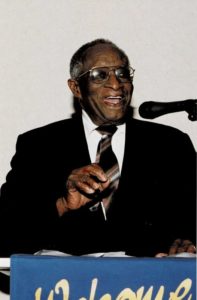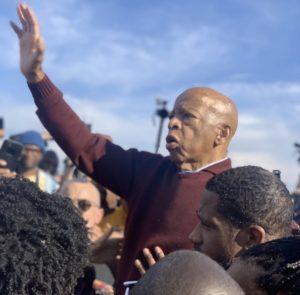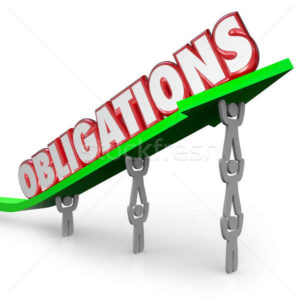
A civic giant.
When the history of Delray Beach is written, the name Alfred “Zack” Straghn is going to loom large.
He was a giant.
We lost Mr. Zack this week. He was 92 and still active, still vibrant, still finding what John Lewis called “good trouble.”
People were drawn to Zack Straghn because he told great stories, was enormously charismatic and possessed a hard-earned wisdom that came from a lifetime of living and working in Delray Beach.
He was born in Delray and told those of us who knew and loved him that the best decision he ever made was to never leave the city—even though at times he said it felt like a prison.
I’ve long believed that Delray is America in 16 square miles, but if you were African American in the 1950s and beyond the city was four square miles because you were not welcome east of Swinton and you couldn’t go to the beach.
Zack helped to desegregate our beach—it took eight years of protests to get it done. But it got done on April 29, 1962. Prior to that date, the city’s answer was to send Black people to an area of beach five miles away. That didn’t sit well with Zack and others and they decided to speak up.
“They sent us to another city to swim with a man with a shotgun watching us while we swam,” he told Channel 5 last year. “We are going to swim in the three miles of beach here and nobody is going to stop us because this belongs to us, we pay tax in this city and this is where we are going to swim,” he said.
I heard Zack tell that same story to a group of “young” lions a little while back at Donnie’s Golden Spoon restaurant on Northwest 5th Avenue. The young men sat and listened to every word. Zack and others held court at “Elders” breakfasts that I’ve been privileged to have been invited too on occasion over the years. It’s always an honor to be included; over eggs and bacon you are also served wisdom, history and spirited conversation about the future.
These tables and conversations are few and far between, but they are important. It’s where knowledge is shared, experience is relayed and subjects are debated with love, passion, wit and wisdom.
Alfred “Zack” Straghn saw it all in his 92 years in Delray. He saw heartache and discrimination. He saw births and as a funeral home owner he was there to usher people into “glory.”
He also saw progress in fits and starts. The beach he couldn’t visit until 1962 became a favorite place for him to reflect.
He would walk often with former City Commissioner David Randolph. I saw them a few times and I always wondered what they talked about on those early morning walks around town. So one day I asked Zack and in his distinctive voice—a voice so special and unique that once you heard it you never forgot it—he said they talked about everything: city politics, national politics, family, religion and life itself.
The great icons in our community were great because they share themselves.
They are visible.
They are available.
They teach. And if we are wise—we will listen.
If we want to succeed and build a better future we need to listen to those who came before us.
Zack is an icon and because he never went away and because he invested in the next generation of lions and lionesses he will be forever remembered and honored by those who will step forward to lead us in the future.
He was active in civil rights organizations, served briefly on the CRA, was a long time businessman, fed the needy on Thanksgiving, was involved in the Downtown Master Plan, counseled scores of elected officials and saw his children grow up to serve Delray too. One son, Randy, served with distinction with our Fire Department.
He was a voice, a steady presence, a leader and an inspiration.
When I was a rookie on the City Commission, Mr. Zack was presented with a key to the city by Mayor David Schmidt.
The headline that ran with the story in the Sun-Sentinel was “Activist Gets Key to The City He Unlocked.”
I thought that said it all. It was brilliant.
Over the summer, Zack was interviewed by a student for an initiative called the “Front Porch Project” sponsored by the nonprofit EJS Project.
In that interview, Mr. Straghn said “the best decision I ever made was to stay in Delray.”
Indeed.
It was a decision that paid dividends for all of us blessed to have known that fine man. He will be deeply missed.
Rest in Peace, Mr. Zack, your hometown is so grateful.



